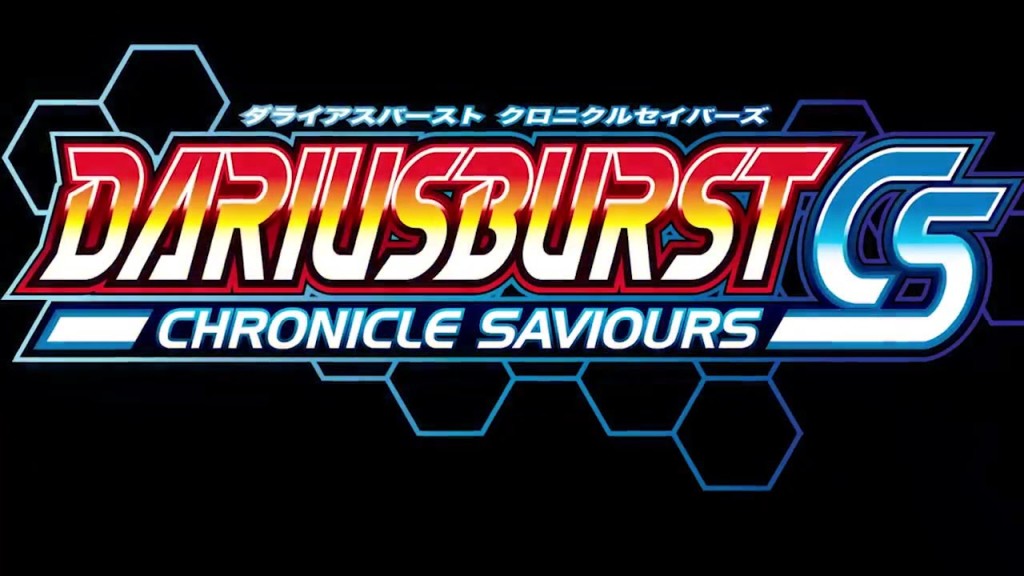
I recently purchased Dariusburst Chronicles Saviours, a sequel to the Darius series published by Taito. It is, in a word, crazy, weird, and stunning, a world of fish, 8 different ships, and way, way too many stages, bosses, and enemies to count. The music especially lends to a feeling of epic traversal and combat, with a strange surreal atmosphere supplemented by excellent mechanics that pretty much anyone can understand. It’s surprising to see a 5+ year old arcade game based on an even older PSP game that required a 32:9 setup emerge on Steam in the West, but here we are!
Still, I’m not ready to review it or anything. Part of my reticence to do so comes purely through playtime – seriously, I’ve only played a half hour or so – and the other part comes through my dedication to completing the game itself. Or, at least, what we would traditionally call “completing” a game like this. Dariusburst Chronicles Saviours claims to contain over 3,000 levels total, and while that claim constitutes slight stage variations, that’s still a whole lot of game. Shmups and shooting games do not often contain much in that vein, which certainly makes Dariusburst stand out in a rather traditional field.
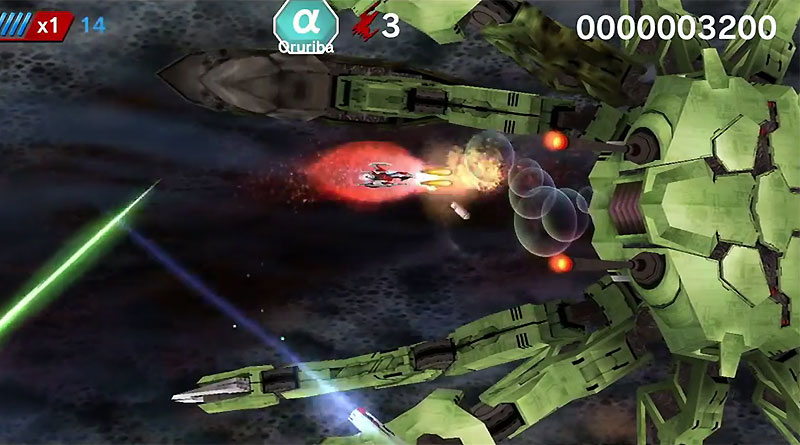
The general consumer in the West, however, seems to have a big problem with Taito’s Steam release (along with Degica, the Steam publisher). Objections come down not to the quality of the game itself, but its pricing. Heck, apparently the discussion generated so much vitriol that the official moderator had to actually explain why a shooting game STG, in this day and age, costs $49.99 on Steam. Why should a game like this cost as much as a AAA video game release in 2015, when most games of its ilk usually skew towards $20 or lower? Even CAVE released Mushihimesama at $20, which is certainly not their usual modus operandi.
On one level, I understand the frustration of the general customer who wanted to try the weird aquatic space opera shooter, and weren’t expecting a bank breaker. The problem with Taito and Degica’s price of Dariusburst Chronicles Saviours does, in part, confront customer-perceived value head-on, and not in a good way. Genre expectations in the West mean that you can’t compare this kind of game with other kinds of multi-million dollar projects. In a phrase, most consumers think that the model here reaches levels of absurdity.
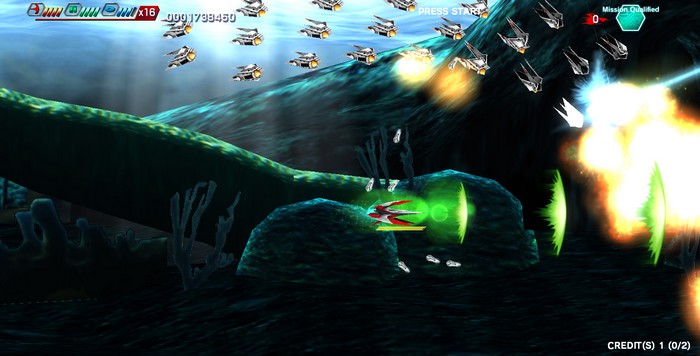
To explain, customers often see the value in product they buy in one of four ways functional, monetary, social, or psychological. The first, functional, asks what the product does does, it’s the solution an offer provides to the customer. In this case, Dariusburst Chronicles brings Darius back into the Western world – great! It’s been highly anticipated for a console release from its target market, and that means its PS4 and PC release will sell to somebody.
Second, and important for our case here, is monetary value; this is where the function of the price paid is relative to the product’s perceived worth. This value invites a trade-off between other values and monetary costs, and while Dariusburst Chronicles Saviours might stack up relative to its peers, for most people it just doesn’t reach that point. There are too many cheaper alternatives; that is a perennial problem of the Steam market, which has continually devalued games over a long period.
Next is social value, the extent to which owning the product allows the consumer to connect with others. Shmups are not often community oriented activities outside of their original arcade context, and the lack of online play certainly does not help here. Regardless, internet forums and Steam forums probably help the game maintain that much. Lastly, we have psychological value: The extent to which a product allows consumers to express themselves or fell better. Dariusburst Chronicles Saviours probably only does this to a limited subset of people, and the high price point makes it unlikely they will reach it.
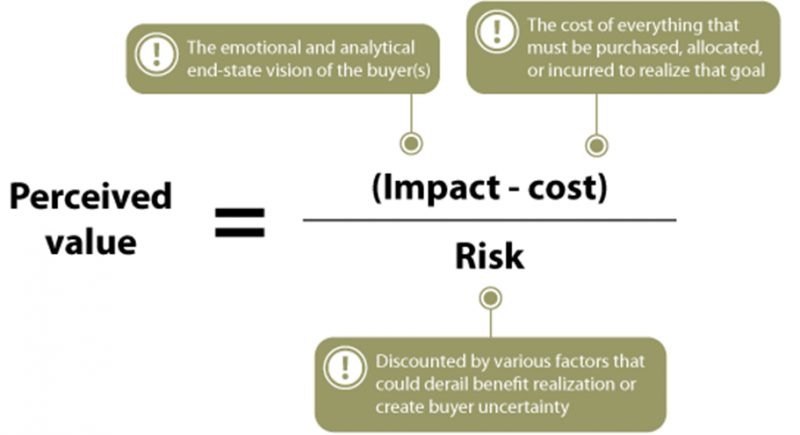
From a purely objective standard, if you do like the genre and the content contained within, Dariusburst Chronicles Saviour could potentially absorb your time. The number of modes and content, 4-player co-op (not online, unfortunately), and other factors do make the game a great value for genre stalwarts. From my personal perspective, I just like it because it’s so different, and I’m curious to explore its intricacies over a protracted period of time. More than a few short playing sessions will be dedicated to it, I can guarantee you that much. Also, I paid about $29 dollars for it from Greenman Gaming, so technically I am cheating!
But here’s the problem: Taito has been all but absent from the Western game market. People don’t play these kinds of games anymore, especially not in the numbers which other genres boast. Regardless of whether you offer a high value, high price product, the perceived value maybe be quite low. In this case, I suspect the Darius brand elicits little to no impact for most potential customers on Steam, and Taito seems like a distant memory. Those who still play shmups, and those looking for a semi-nostalgic fix for Darius might buy the game, but that’s a lot of weight to rest on possibility via the high price point. All the explanations in the world, even from my subjective point of view, are unlikely to change the mind of the general consumer. The companies involved just don’t have the psychological stock with consumers, and that’s why people complain about the price – the value proposition doesn’t make sense to the average Steam user.
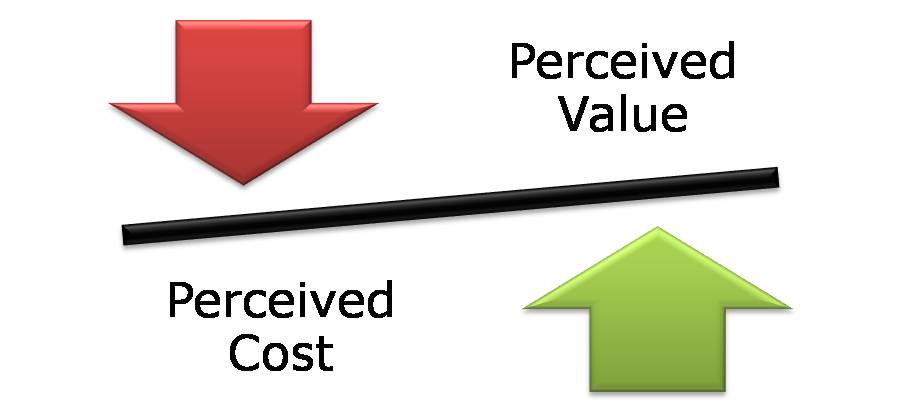
I’m sure this could apply to many other games as well, and this is exactly why mainstream reviewer often cite “value for money” or “replay value” as parts of a review. Video games are commercially available products, and commercial “art” still requires someone to purchase that experience. While I don’t personally believe in reviewing games with that philosophy in mind (I like to review the product as is, since the price I bought it at and the price the consumer bought it at could be vastly different), it is, in some ways, a valid method of evaluation. In this case, Dariusburst Chronicles Saviours is just too large a risk for people in a vast video game market with other cheaper, differentiated, and Western-focused choices out there.
When it comes to markets, almost everything is a matter of perception, and the sooner one realizes this, the better. There’s plenty of examples in the Bible between what is perceived, and what is reality; spiritual things can blur the lines, but the principles are really the same. Reality itself may be far different than it actually is. Not knowing something in advance doesn’t mean it isn’t real. Just take that Exodus story, for example:
2 Pharaoh said, “Who is the Lord, that I should obey him and let Israel go? I do not know the Lord and I will not let Israel go.
Exodus 5
I think you know where that one went…
